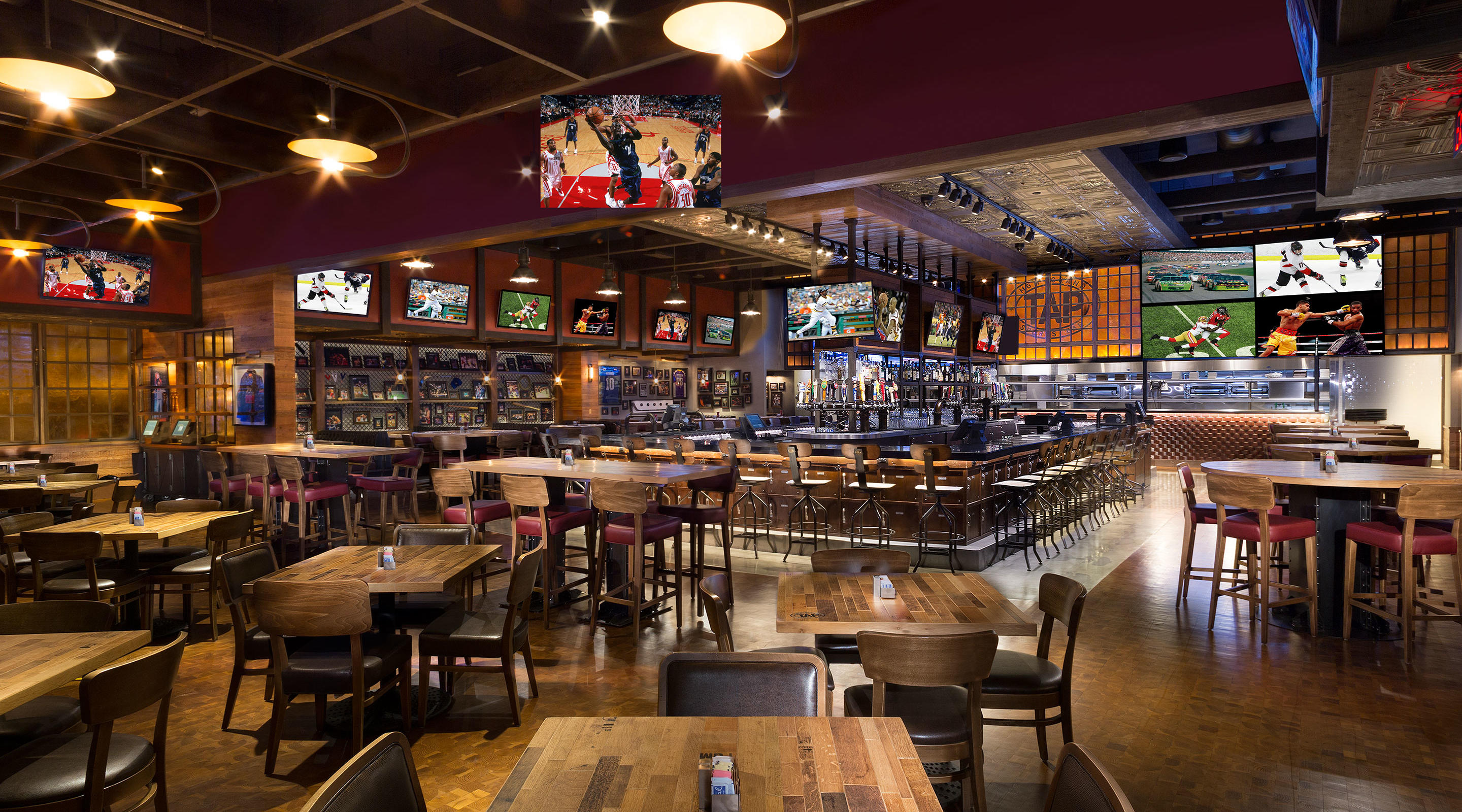The move came less than a year after the Illinois legislature passed a broad gaming bill that allowed for both online and in-person sports betting. With Governor J.B. Pritzker's signature, the new. Get real-time sports betting odds, including point spreads, moneylines and over/unders, from the best online sportsbooks so you always get the best lines.
- How To Bet On Sports In Minnesota
- Can I Bet On Sports Online In Minnesota City
- Is Online Sports Betting Legal In Minnesota
- Can I Bet On Sports Online In Minnesota Right Now
- Can You Bet Online
The likely sponsor of sports betting regulation in Minnesota, Rep. Pat Garofalo, said he believes his planned legislation will make it to the finish line this year.

“Passage is listed as a favorite with a line of -210,” Garofalo joked in talking about his plans with Legal Sports Report. “Seriously though, I expect a bill will become law, its timing will depend on when the US Supreme Court rules on the New Jersey court case.”
The legislative effort — and the verdict in the New Jersey sports betting case — will come too late for there to be legal wagering when the Super Bowl take place. Super Bowl LII is next month in Minneapolis.
How To Bet On Sports In Minnesota
But still, Minnesota appears to be one of many states that will make a real effort at legalizing sports wagering in 2018. Like many pushing for regulation, Garofalo highlights that the current federal prohibition on wagering outside of Nevada isn’t working, leading to a market owned by offshore sportsbooks.
“Sports gambling is already happening in Minnesota,” Garofalo said. “By bringing it out from the shadows and into a safe, regulated market, we can insure safe, fair and legal contests for those who chose to wager.”
Details on sports betting bill remain fuzzy
Minnesota’s legislature is not yet in session for the year, and Garofalo has not introduced his bill. He has been talking about and working on the effort for several months now, however.
“A draft version of the legislation is complete,” Garofalo said. “As it goes through the process, I expect that stakeholders will modify it from its current form.”
Garofalo has been an early critic of the “integrity fee” that showed up it Indiana sports betting legislation last week. That fee is a one percent tax on total handle payable to pro and amateur sports organizations on which wagering would take place in the state.
“There is zero chance the Minnesota legislation will have an integrity fee for the professional leagues,” Garofalo said. “That would simply function as a hidden tax and would reduce options for consumers in the sports gambling industry.”
Tribes and sports betting?
Minnesota does not have commercial casinos. But it does have:
- Tribal casinos
- A lottery
- Horse racing tracks with card rooms
The tribes, with more than a dozen casinos in the state, will likely have a say in if and how sports betting happens in the state. Garofalo admitted as much.
Can I Bet On Sports Online In Minnesota City
“I can’t speak for other states, but in Minnesota we will be working with the tribal gaming industry,” Garofalo said. “If the tribal community is opposed to a sports gambling bill in Minnesota, it is highly unlikely I will move forward with that legislation.”
Garofalo’s comments taken in sum could lead one to believe Minnesota tribes will see an opportunity in sports wagering. But here’s what LSR’s Dave Palermo reported in a recent story about tribes and sports wagering.
“Most tribes are not really excited about this,” said a Minnesota tribal official who requested anonymity. “It’s not really profitable. Then there are the risk factors, technology and space issues. You still can make more with slot machines.”
The timeline in Minnesota for legislation
The Minnesota legislature reconvenes on Feb. 20, so we won’t see any action until then at the earliest. But Garofalo said the wait could be even longer.

“Regarding the specifics of the draft legislation, I prefer to rollout the details after the Supreme Court overturns the New Jersey case,” he said.
Is Online Sports Betting Legal In Minnesota

Can I Bet On Sports Online In Minnesota Right Now
That decision could theoretically come as early as next week — the next date when the Supreme Court issues verdicts — but that is highly unlikely. The most likely timeframe would be sometime between March and July.
That’s when the rubber will apparently meet the road for Minnesota sports betting.
Can You Bet Online
Image credit: Nagel Photography / Shutterstock.com